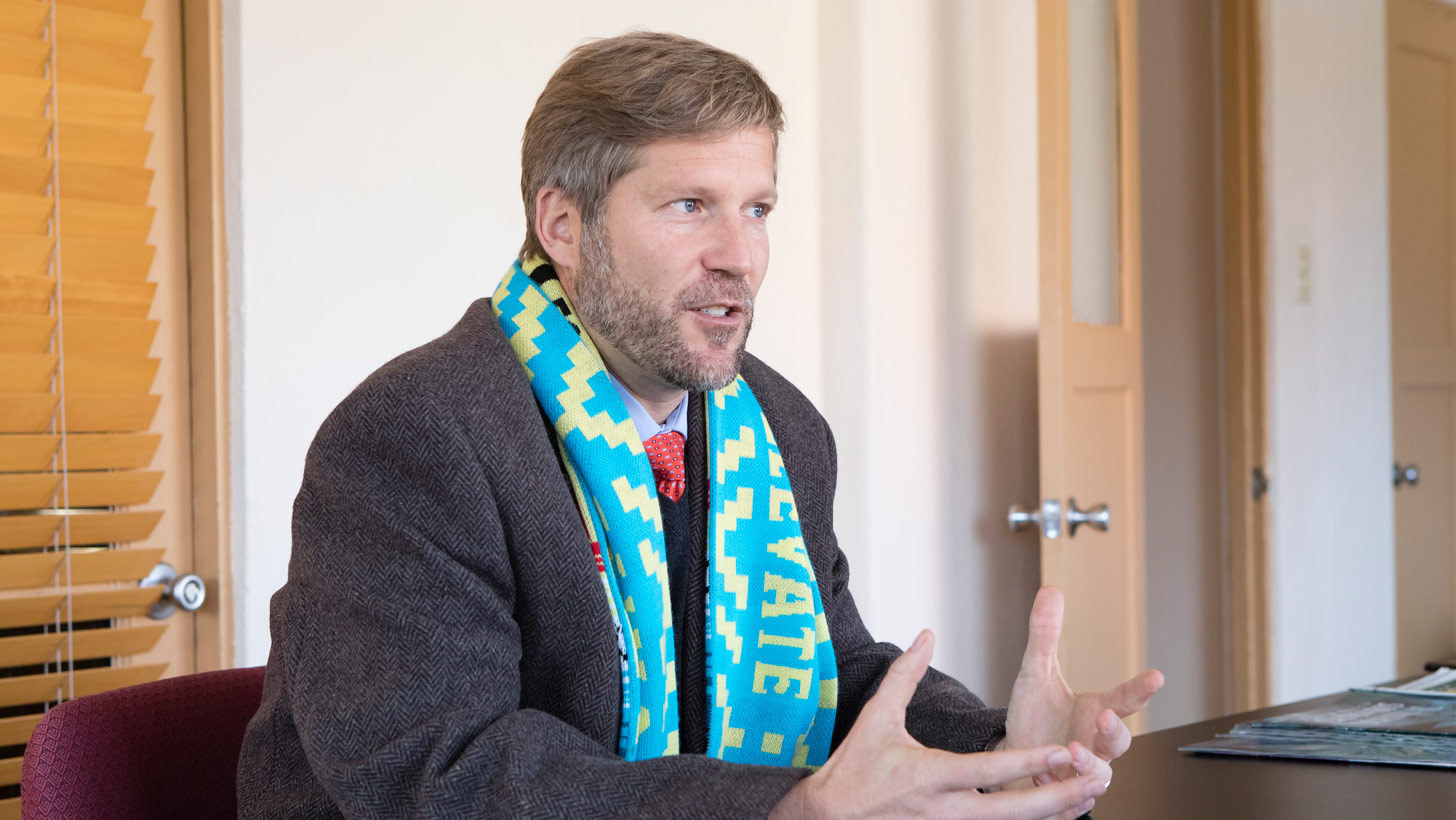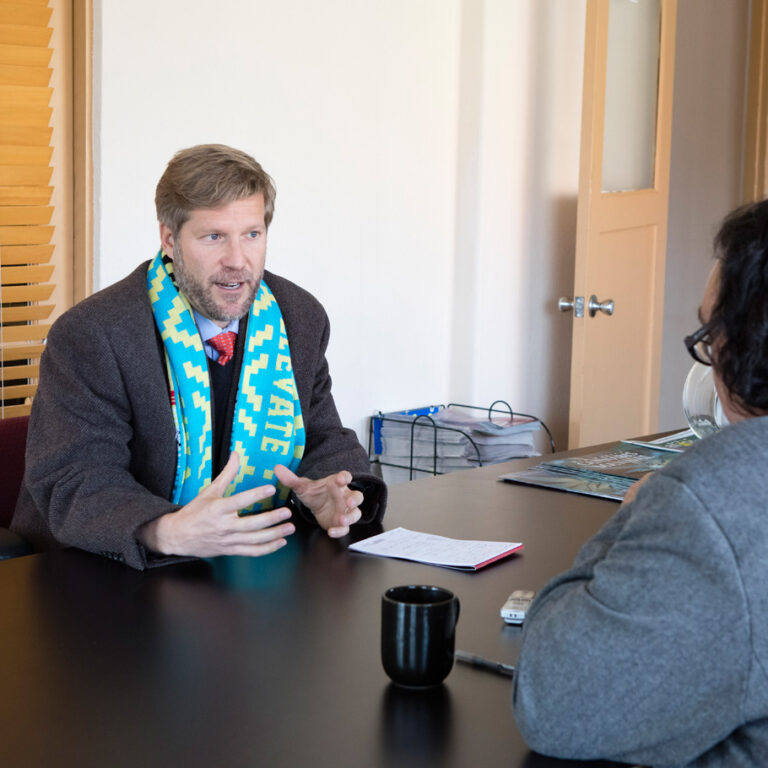News Interview: Mayor Keller Year One
Keller On The Long Road To Burque


Mayor Tim Keller
Eric Williams Photography
Latest Article|September 3, 2020|Free
::Making Grown Men Cry Since 1992


Mayor Tim Keller
Eric Williams Photography
